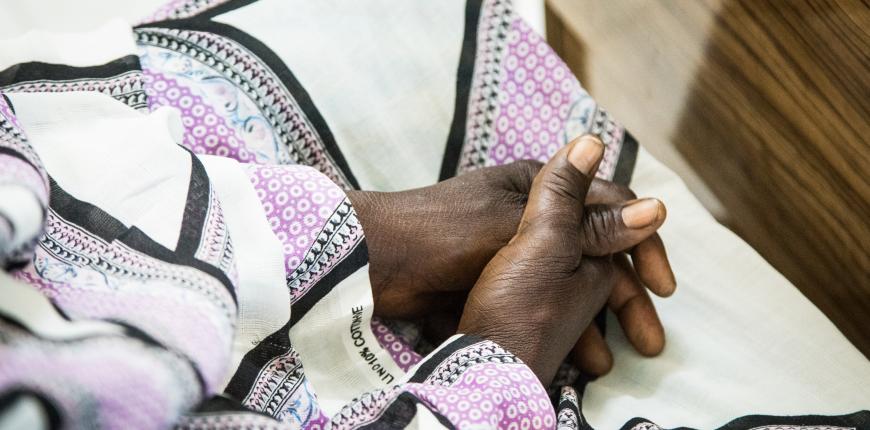Protection against female genital mutilation

Any procedure on external female genital organs carried out without a medical reason is considered to be female genital mutilation.
Regardless of the form it might take, FGM represents a violation to the physical integrity of women and young girls who have been victimized and exposes their perpetrator and their accomplices to legal proceedings.
This may entitle the person to protection authorized by Ofpra.
The medical certificate
In application of article L. 531-11 of the Ceseda, a medical certificate is mandatory and must be issued by a forensic medical physician practicing in one of the healthcare establishments indicated in decree INTV1721843A from August 23, 2017.
Below you will also find the example of the medical certificate in compliance with the decree.
These medical exams are requested by Ofpra for the purposes of examining the asylum application for these children then, periodically, under the framework of monitoring the protection of minors to which the status of refugee or, in the lack thereof, subsidiary protection, was granted due to their exposure to a proven risk of female genital mutilation if they returned to their country of origin.
The fear of undergoing genital mutilation in the country of origin remains largely true for children or adolescents. These children come, from the most part, from Western Africa (Mali, Guinea, Ivory Coast, Senegal, Nigeria, etc.) and, to a lesser extent from the Horn of Africa (Sudan, Yemen, etc.). They are then fully protected after receiving refugee status from Ofpra.
Les modalités de la prise de rendez-vous en UMJ
Pour prendre rendez-vous, les parents de l’enfant doivent présenter l’attestation de demande d’asile de leur enfant (ou la leur si l’enfant est présente dessus) + la convocation à l’entretien à l’Ofpra.
